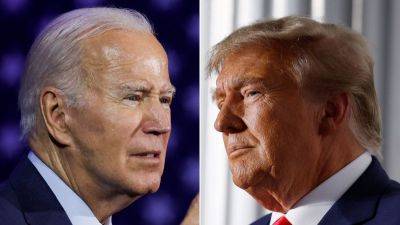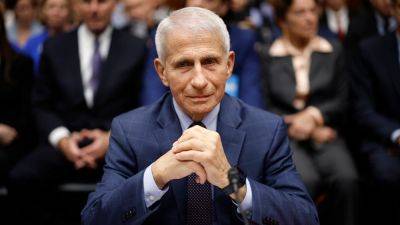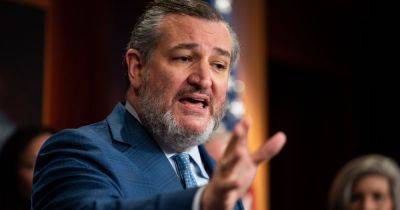Third-party political advertising is at a crossroads. Do the current rules protect voters' rights?
The Supreme Court of Canada heard arguments last week in a case concerning third-party political advertising, highlighting what experts see as an evolving trend of election spending by groups such as unions, corporations and industry advocates.
In two days of hearings in Ottawa, the justices mulled over arguments in a case that arose out of an Ontario law that seeks to limit the influence of outside groups, known as third-party advertisers (TPAs). The case will give the top court the opportunity to rule on an issue that hasn't received major legal attention nationally in two decades.
«Beyond Ontario, the outcome of this case will inform for other provinces how they may go about modifying or implementing third-party advertising restrictions in their jurisdictions, which can have a really profound impact on the types of voices you hear and how you hear them in elections going forward,» Timothy Cullen, a lawyer with McMillan LLP in Ottawa who specializes in regulatory issues, including election law, said in an interview with CBC Radio's . He is not involved in the case before the Supreme Court.
The Ontario law, passed by Premier Doug Ford's government in 2021, extends the period in which TPAs are required to abide by a $600,000 spending limit ahead of elections from six months to one year. A provincial election was held in 2022.
Some unions, among other groups, argued the requirement violates their free speech under the Charter of Rights and Freedoms, and the law was struck down. Ontario's Progressive Conservative government reintroduced the law using the notwithstanding clause to prevent constitutional challenges. But the measures were again challenged, this time under Section 3 of the Charter, which includes voting rights and







